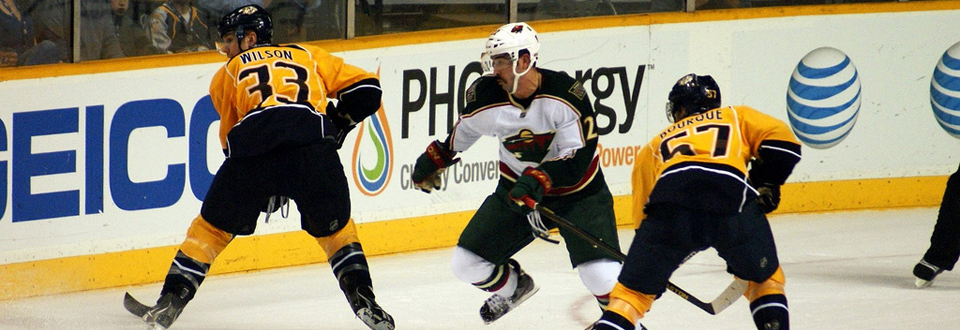In 2010, the Nebraska Cornhuskers traveled to the northwest to play a preseason game against the Washington Huskies in Seattle – and by traveled, I mean brought half their fanbase with them.
I was a college student at the time, renting a house half a mile from the stadium. My roommates and I sold our parking spots during home games to pay for utilities. On the morning of the Nebraska game, we parked a large SUV, and out of it poured a sea of red. I remarked to one of the passengers how impressive I thought it was that so many fans made the long trip.
“Teams that win always travel well,” she snarked back.
Thursday morning, Mike Riley stepped into the middle of a demanding fanbase, and an organization that has fired its last three coaches – the most recent victim, Bo Pelini, led the Cornhuskers to a 9-3, second place finish in the Big Ten West this season, while Riley’s Oregon State Beavers landed in the cellar of the Pac-12 North at 5-7. Riley, the flip-flop-wearing, Prius-driving, Northwestern native is about to be under far stricter scrutiny in the Midwest than he ever was during his 14-year tenure at OSU.
Even so, the odds of Riley’s success as Nebraska’s next head coach seem favorable. He’s a respected, likeable coach with a proven track record of finding promising recruits – like Jacquizz Rogers, Brandin Cooks, Sean Mannion – and developing them into all-conference players. With this appointment, he hit the recruiting lottery compared to the resources he had at his disposal in Corvallis. He also inherited a venue that seats 87,000 in Memorial Stadium, while Reser Stadium has a capacity of 45,674. At the helm of a desirable program like Nebraska, Riley has the opportunity to develop a more dominant legacy – although, if he decides to run for public office after retirement a la Tom Osborne, he’ll have to nix the flip-flops.
This transition could be a bit shakier for the Beavers. It’s not news to anyone that the program in Corvallis needs a major overhaul, and whoever calls next at OSU will inherit the same recruiting woes Riley navigated for 14 seasons. OSU is losing the Pac-12 facilities race, and doesn’t have the benefit of location to increase revenue. Last season, the athletic program generated $65 million, while Oregon in neighboring Eugene brought in $115 million.
However, Riley’s early exit – he was contracted until 2021 due to a condition that added an additional year to his deal each time OSU reached a bowl game – may actually have a financially positive impact, as it gives OSU an opportunity for a fresh start. The program no longer has to consider the burden of a possible multi-million dollar buyout of Riley’s contract with Nebraska picking up the tab, and can instead invest in making Corvallis a more attractive place to play football.
There are coaching options that wouldn’t cost OSU a fortune. The suggestions are flying in blog comment sections around the Web, some with long NCAA resumes, but the best option for the Beavers is to hire someone who won’t break the bank.
Scott Frost, the offensive coordinator at Oregon, is one option – he beat the school’s record for total offense at 7,345 yards in his first season at the position, and may have enough pull to lure some potential recruits away from competing programs. Beau Baldwin at Eastern Washington is another. He has led the Eagles to four conference titles in the last five seasons, and, while he has said he won’t leave Eastern for another FCS job, a job as the front man of a Pac-12 team might be a different story. OSU could even bring in someone like former quarterback Steve Gervais, who had overwhelming success at the high school level in Washington – in 31 seasons, he racked up 244 wins, 15 league titles, and six state championships before spending a season at UW as an assistant in 2008.
There are plenty of options that don’t come with an impossible price tag. And the thriftier OSU is in hiring its next coach, the more money it can allocate to projects like finishing the Reser expansion that started in 2003, and making the landscape of the program more attractive to recruits.
Riley was, without question, the most influential, beloved coach in Beaver history. His move to Nebraska will absolutely have an impact on OSU, but there’s no reason it shouldn’t be a positive one. It’s probably the best move for all parties involved. This is an opportunity for the university to build new ties, create a new vision, and change the perception of what it means to play football in Corvallis.
Add The Sports Daily to your Google News Feed!
